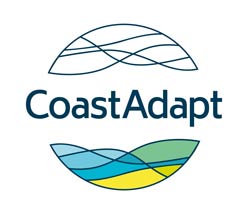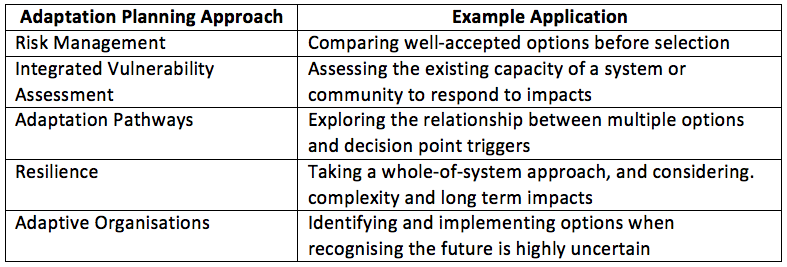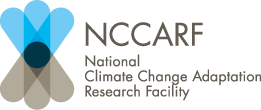You are here
Resilience: a consultant con job?
The next big fad is rolling into town and it is ready to solve all your problems (again). It’s called resilience.
Your organisation has done risk management, it’s done integrated vulnerability assessment, it may have even done adaptation pathways. Now resilience can give you the results you want!
Yes, that’s right, resilience. It will prepare your community for climate change, future-proof infrastructure, and maybe even deflect an asteroid. You will have people coming through the door with their resilience methodologies, tools and software.
Despite all of the hype, resilience basically means to bounce back from a shock in a way that is the same or even better than before. Resilience is a way of planning that looks beyond the area you’re focussing on. It can mean looking at other things that indirectly affect you.
For example, when doing climate change planning in your community you might look at more than just the climate risks; such as how addressing health or lifestyles may help to withstand climate shocks a little better. The community may even improve its capacity to cope by having better relationships with neighbours, and feeling like people can call on their neighbours in times of trouble. These sorts of actions would not normally come up if you just look at climate drivers, but they regularly feature in resilience plans.
It’s a different way of looking at a problem, and it leads to some novel solutions, but that doesn’t mean that any of the old ways of planning are wrong. All of the old ways of doing planning are just as valid as they always have been. What we have learned is that each of them is useful in different contexts. The table below highlights the difference.
Do you think this definition of resilience is correct?
What resilience planning are you aware of?
What to know more? http://www.stockholmresilience.org





